Myanmar’s ruling party wins elections amid disenfranchisement criticism
Myanmar’s ruling party, whose reputation with the outside world has been tarnished due to a heavy-handed crackdown on the Rohingya Muslims, has won the general elections.
Myo Nyunt, a spokesman for the National League for Democracy (NLD) led by Aung San Suu Kyi, said on Tuesday that the party had won more than the 322 seats in parliament needed to form a government.
“For the people, for the party, this is such an encouraging election result,” he said.
The NLD is expected to exceed the total number of 390 seats it took in its landslide win in 2015, Nyunt said.
Sunday’s elections were viewed as a referendum on Suu Kyi’s government, accused of "genocide" against the largely Muslim Rohingya minority.
The European Union and Britain have criticized the disenfranchisement of more than a million voters, including a significant number of Rohingya Muslims in the state of Rakhine.
Several other countries, including the United States, have also expressed concerns about the large number of parliamentary seats reserved for the military and the fact that some groups, including the Rohingya, were disenfranchised.
The military, which ruled Myanmar for nearly 50 years until 2011, controls a quarter of seats in both houses of parliament. There had been high hopes that the Suu Kyi government would herald a breakthrough for freedoms.
In Rakhine, where the remaining Rohingya are confined to camps, the vast majority of polling stations were closed.
The Democracy and Human Rights Party, a Rohingya party, said it was “utterly disappointed” that its people had been disenfranchised.
Authorities in Myanmar had already disqualified several Rohingya politicians from contesting the elections for the lack of IDs in Rakhine.
The Muslim community in Rakhine has faced state-sponsored violence and apartheid-like conditions.
The story of Rakhine came to global attention in 2017 when more than 750,000 Rohingya, mostly women and children, fled to neighboring Bangladesh to escape a military crackdown that UN investigators have said was carried out with “genocidal intent.” Bangladesh was already hosting some 200,000 Rohingya when the exodus began.
The Rohingya have inhabited Rakhine for centuries, but the state denies them citizenship. Bangladesh refuses to grant them citizenship, too.
The Nobel laureate Suu Kyi has done almost nothing to stop the heinous atrocities against the Rohingya. Her government is now the subject of an investigation at the International Court of Justice in The Hague.
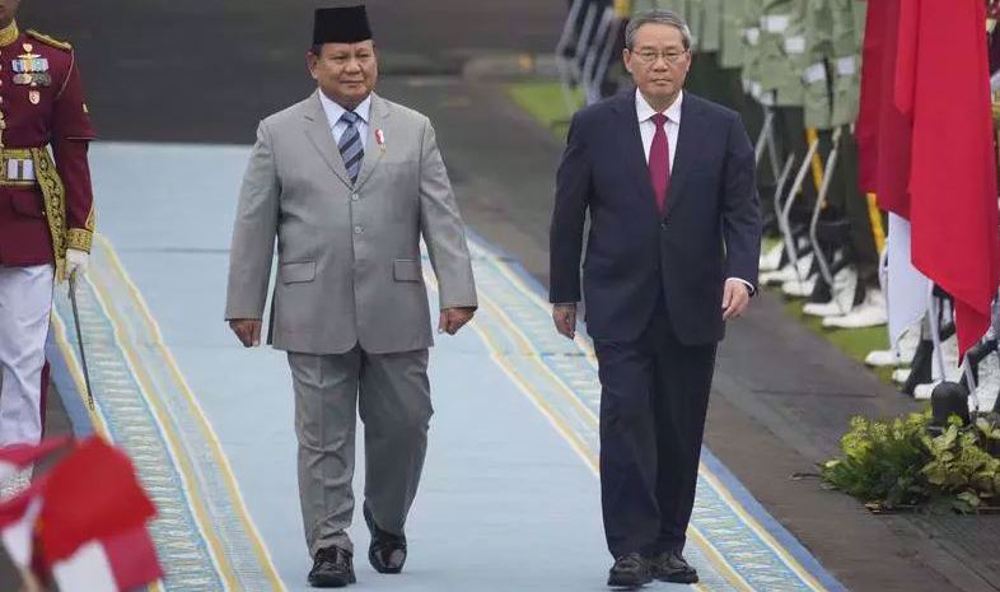
ASEAN leaders discuss expanding trade, slam US 'imperialism'
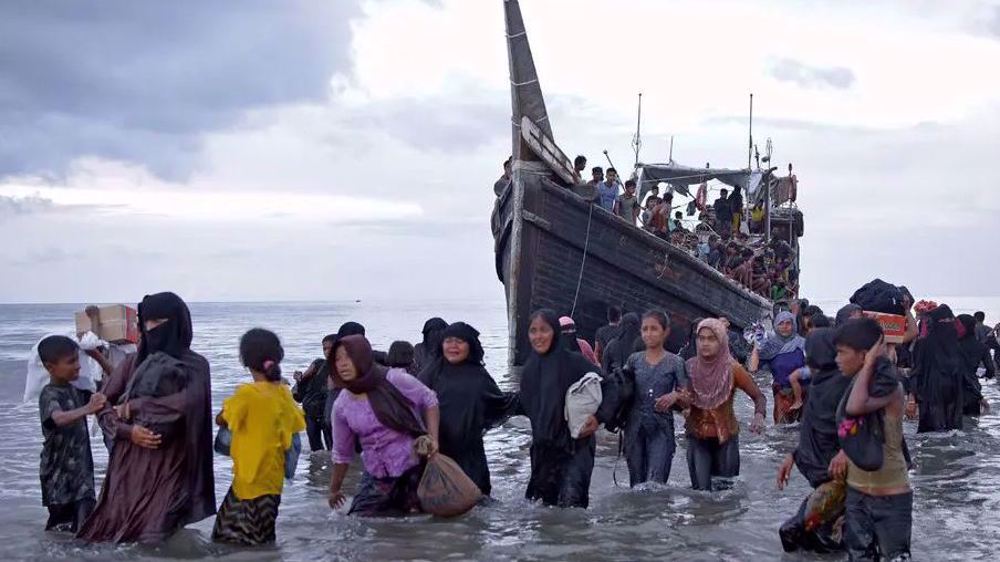
Over 400 Rohingya feared drowned in two shipwrecks off Myanmar coast: UN
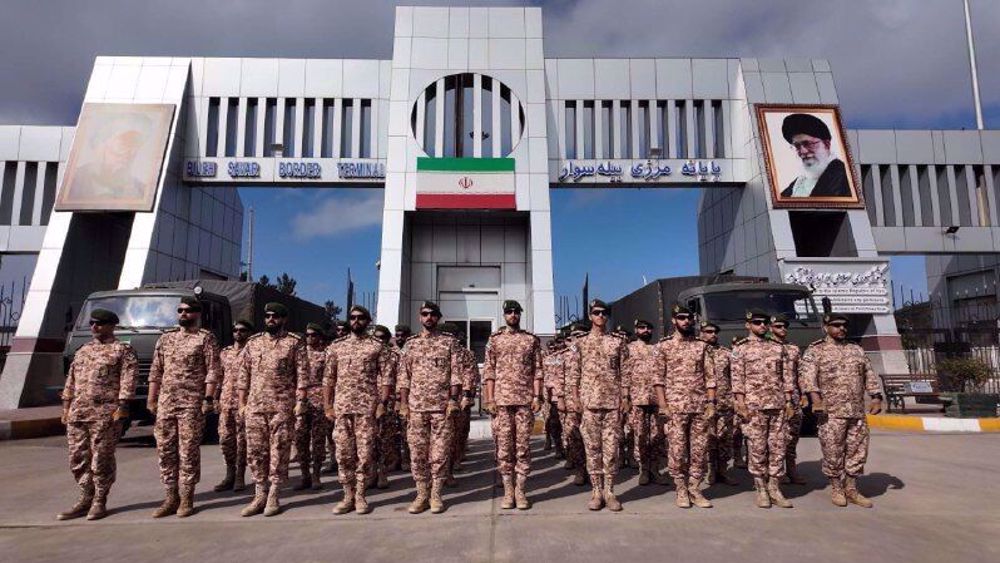
Boosting border security: Iran, Azerbaijan hold joint military drills in Karabakh
VIDEO | War of extermination in Gaza
VIDEO | Gaza War Tribunal and genocidal war crimes
Iran determined to preserve nuclear fuel cycle, enrichment: Top security official
UNRWA warns Israel-US-backed aid model wastes resources
EU lifts economic sanctions against Syria
Israel bombs Gaza journalist's home, killing 8 family members
Discover Iran: How Khuzestan’s rivers and wetlands sustain nature and culture
Gaza food crisis, decimated farming infrastructure due to Israeli attacks








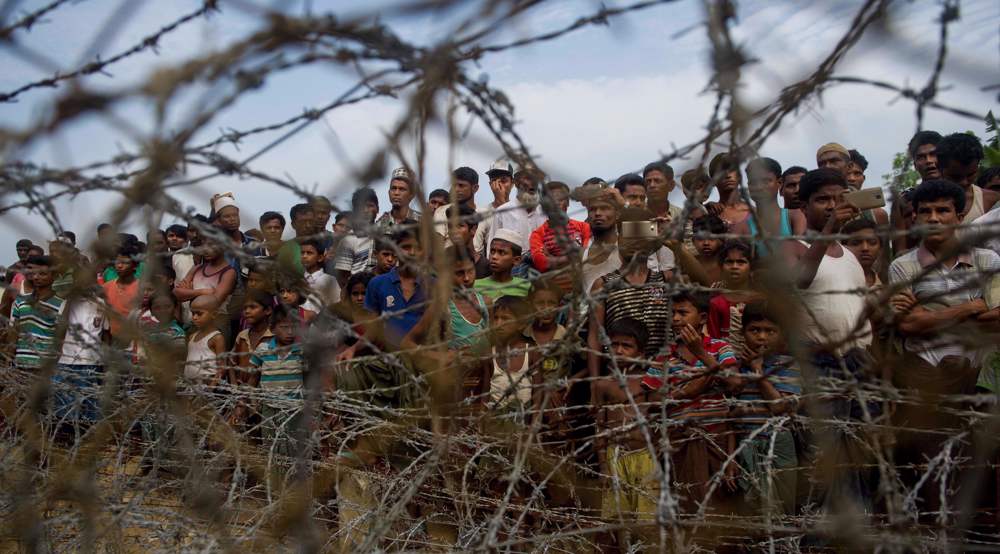

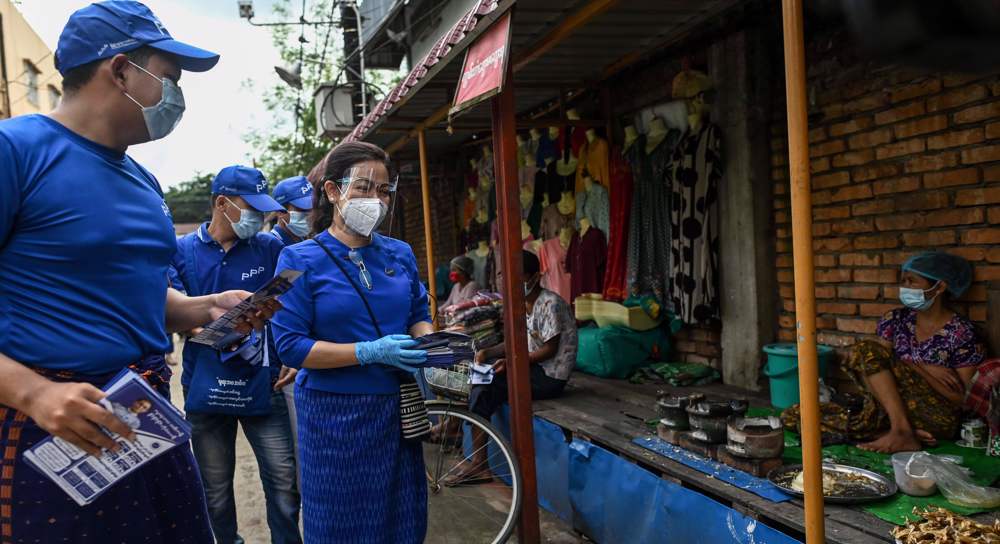
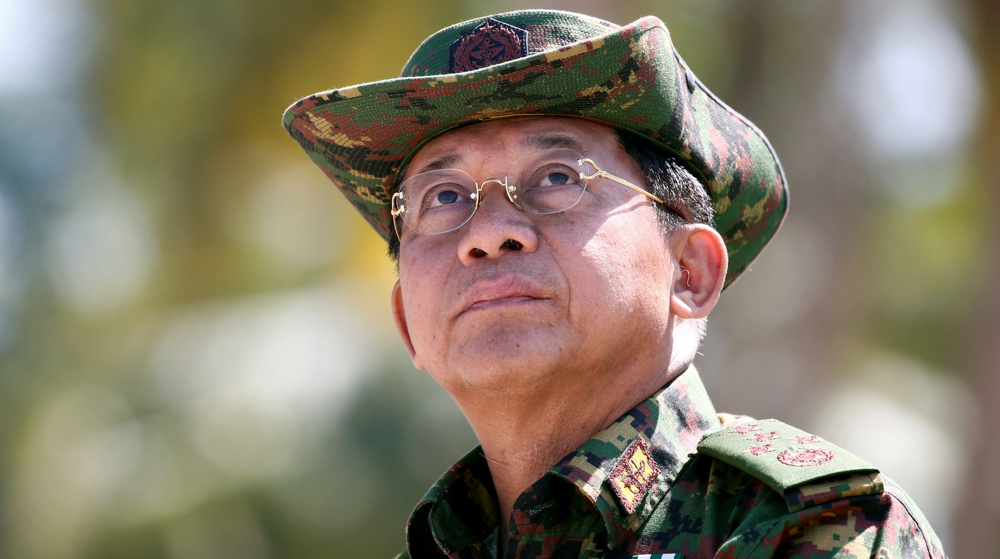

 This makes it easy to access the Press TV website
This makes it easy to access the Press TV website